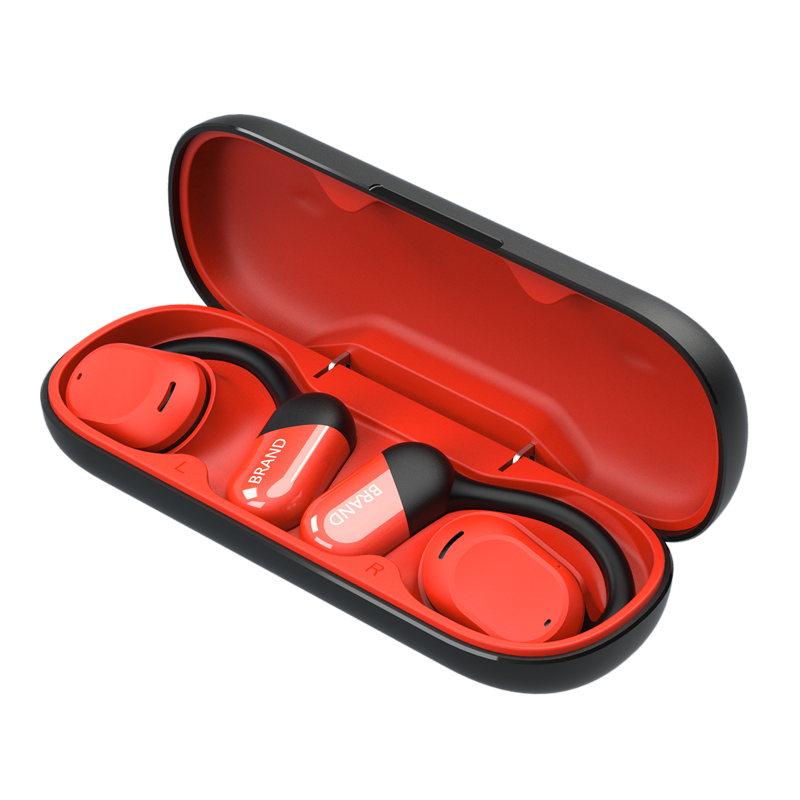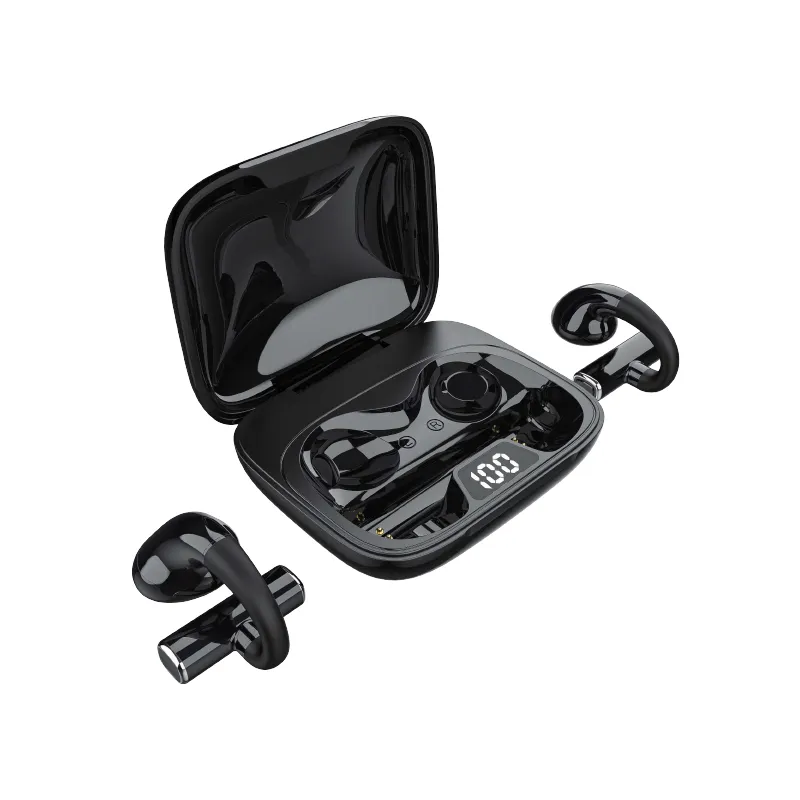Introduction:
As technology continues to advance, Bluetooth headphones have become a popular choice for those seeking a wireless and convenient audio experience. However, concerns about the potential harm to our hearing have arisen, leaving many wondering if Bluetooth headphones can cause damage. In this article, we aim to debunk the myth surrounding Bluetooth headphones and shed light on the facts regarding their impact on our hearing health.
Understanding Bluetooth Technology:
Bluetooth technology has undergone significant improvements over the years, resulting in enhanced audio quality and reduced power consumption. Bluetooth headphones transmit audio signals wirelessly from a source device to the headphones using radio waves. These signals are converted into sound by the headphones, allowing us to enjoy music, movies, and other audio content without the constraints of wired connections.
Myth: Bluetooth Headphones Cause Hearing Damage:
There is a common misconception that Bluetooth headphones inherently pose a risk to our hearing health. However, it is important to clarify that the technology itself does not emit sound at harmful levels. The audio output of Bluetooth headphones depends on the source device and its settings, as well as the user's listening habits.

Safe Listening Practices:
The potential for hearing damage exists when listening to any type of headphones, including Bluetooth headphones, if used improperly. To ensure the safety of your hearing, here are some essential practices to follow:
Volume Control: Listening at excessively high volumes for extended periods can lead to hearing damage. It is crucial to set the volume at a moderate level that allows you to hear the audio clearly without causing discomfort or strain.
Limit Listening Time: Prolonged exposure to loud sounds can be harmful. Taking breaks during extended listening sessions can give your ears a chance to rest and recover.
Noise Isolation: Choosing Bluetooth headphones with good noise isolation capabilities can help reduce the need to raise the volume in noisy environments. This can contribute to a safer listening experience.
Use Quality Headphones: Opt for reputable brands that prioritize sound quality and employ technologies designed to provide a balanced audio output.
Regular Hearing Check-ups: It is advisable to have your hearing tested periodically, especially if you frequently use headphones, to monitor any changes or potential issues.
Conclusion:
Bluetooth headphones, when used responsibly, do not pose a direct risk to your hearing health. The key lies in adopting safe listening practices and being mindful of volume levels and listening durations. By following these guidelines, you can enjoy the freedom and convenience of Bluetooth headphones without compromising your auditory well-being. Remember, the power to protect your hearing lies in your hands, or rather, your ears. Embrace the benefits of wireless audio and let the music play safely!









